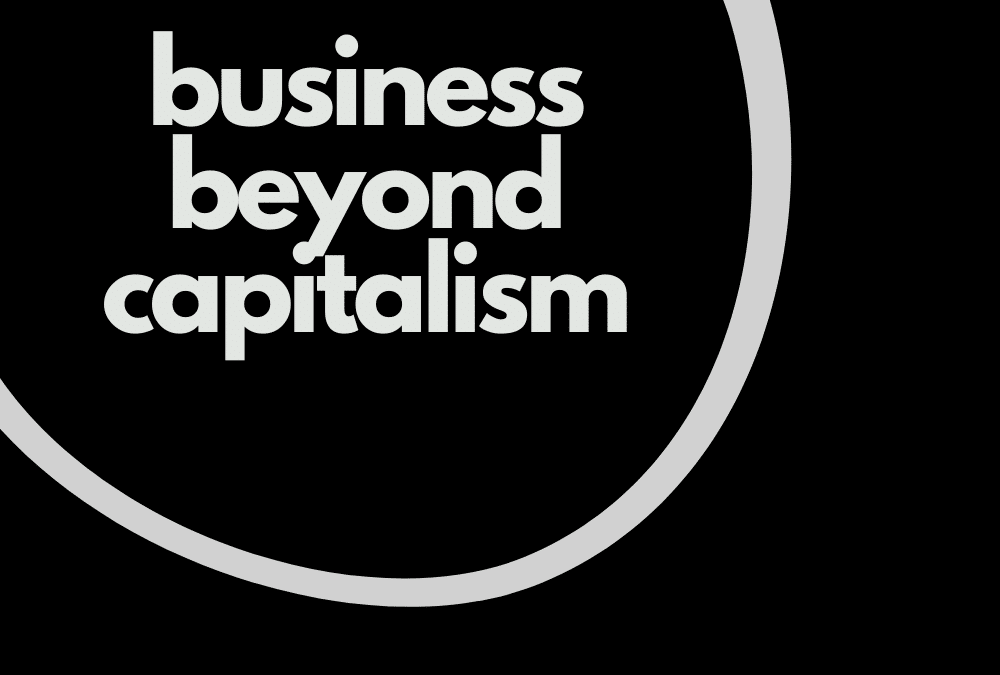
Business Beyond Capitalism
Business Beyond Capitalism
I saw this sign the other day – People & Planet over Profit.
As a climate and environmental activist, it’s not the first time I’ve seen it. I’m sure it is held high at climate strikes all over the world today as the Global Climate Strike lead by Fridays for Future takes place.
This message is important – the climate crisis & ecological breakdown we face is a result of unchecked capitalism, its insatiable need for infinite growth on a finite planet.
What does this mean for ethical entrepreneurs though?
How often do we hold ourselves back, afraid that turning a profit or making money is inherently exploitive?
Afraid that to be flourishing financially – to live a rich & abundant life – is to participate in an unjust system? Struggling with values clashes as we create a more beautiful world, while also existing in the one that we have?
Here’s what we need to understand: business is not the same thing as capitalism. Money is not the same thing as capitalism. Profit is not inherently exploitive.
Business is a form of trade, a way of sharing our gifts, talents and interests. A way to be fairly compensated for our labour.
Capitalism is a social, cultural & economic construct. On the surface, it sounds reasonable: a system in which trade and industry are controlled by private owners, rather than by the state.
But it’s also based on three fundamental principles:
1. The pursuit of infinite growth on a finite planet.
2. The artificial production of scarcity.
3. The devaluation of living systems to lifeless resources
It’s these principles that lead climate & environmental activists, like myself, to imagine a world beyond capitalism.
To demand new values, new visions, new systems based on regenerative principles – life giving principles. To place planet & people at the front of what we do.
And here’s the thing: we can do that in business too.
There is business beyond capitalism.
And it doesn’t require being broke, scarce or playing small.
There’s a world that allows for our social, financial & ecological flourishing.
But we need to imagine it first.
Can you let yourself feel that world today?
Can you begin to imagine your Business Beyond Capitalism?

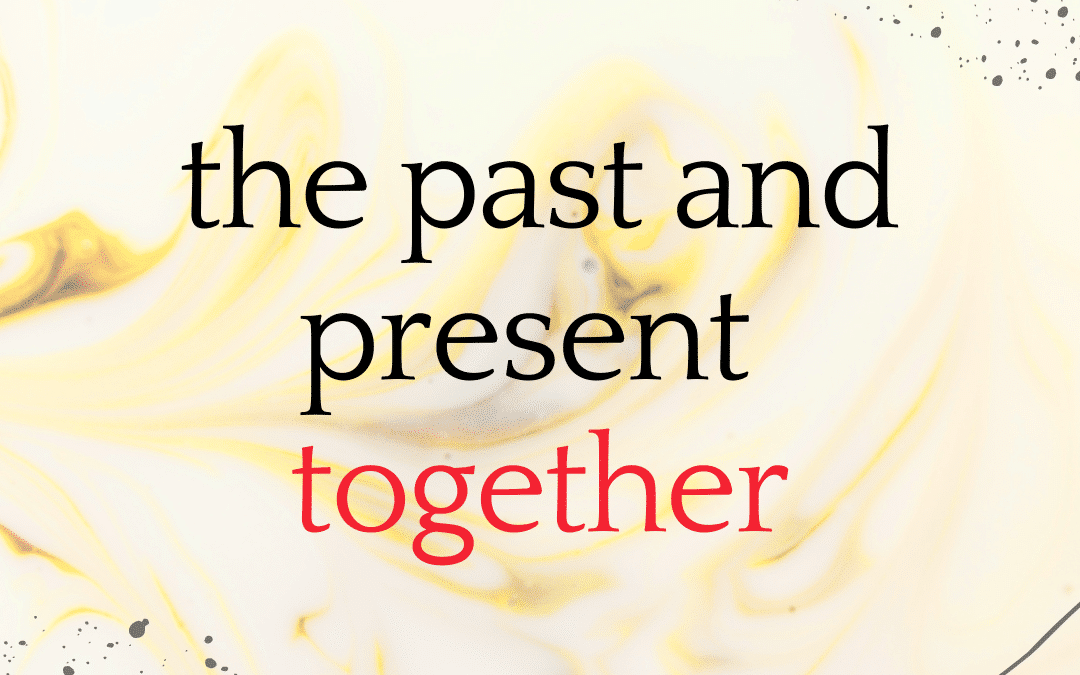

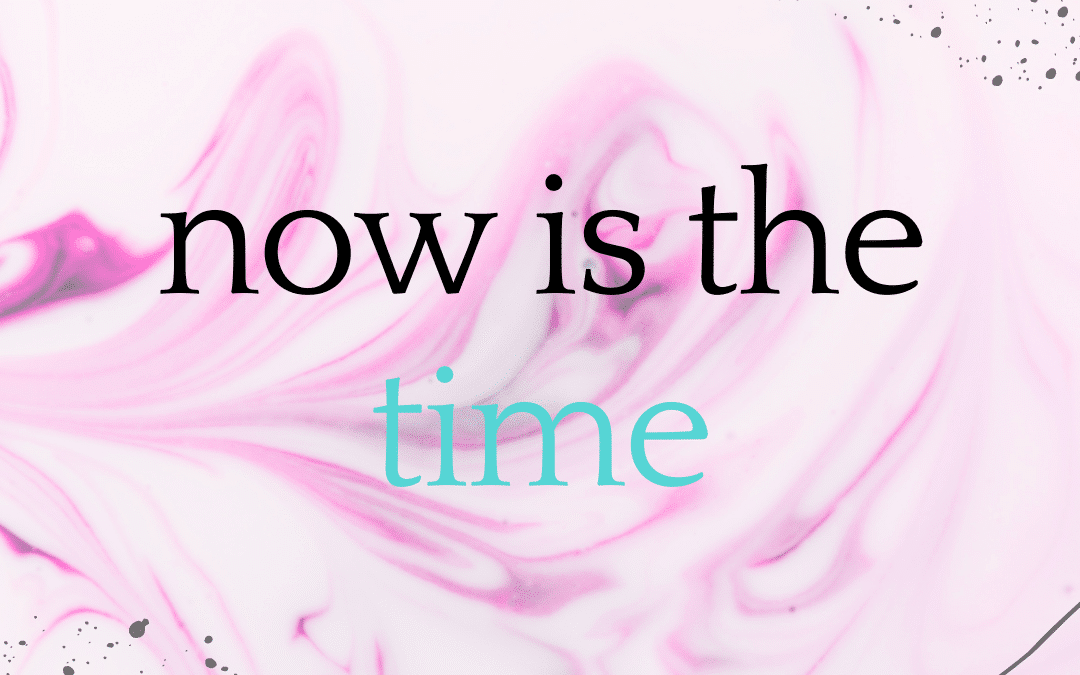
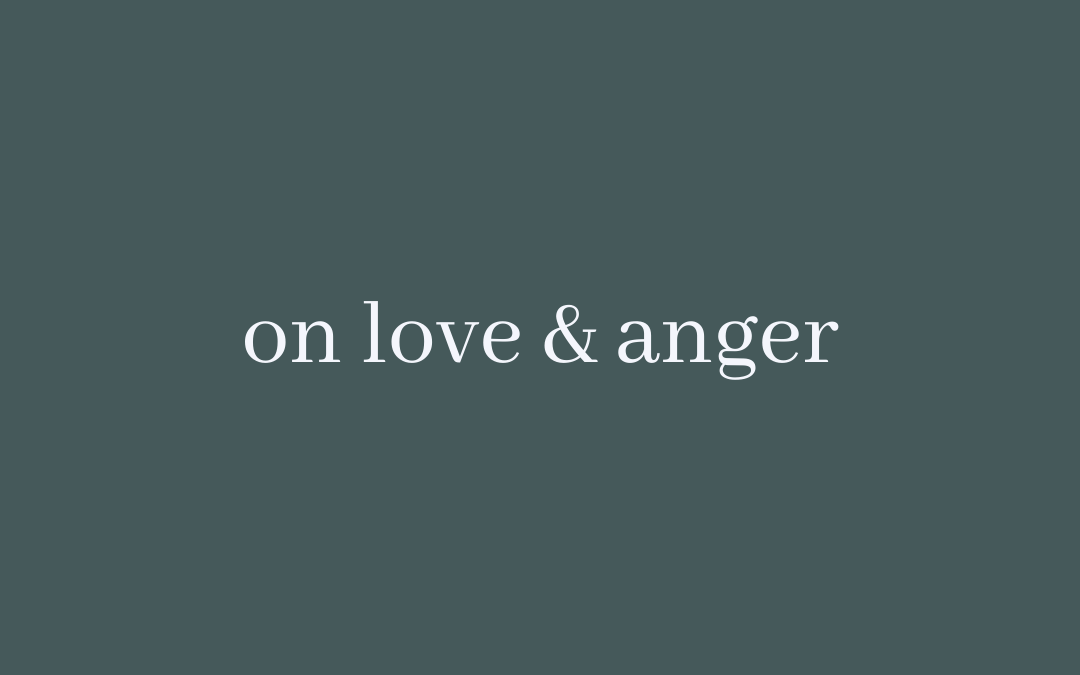

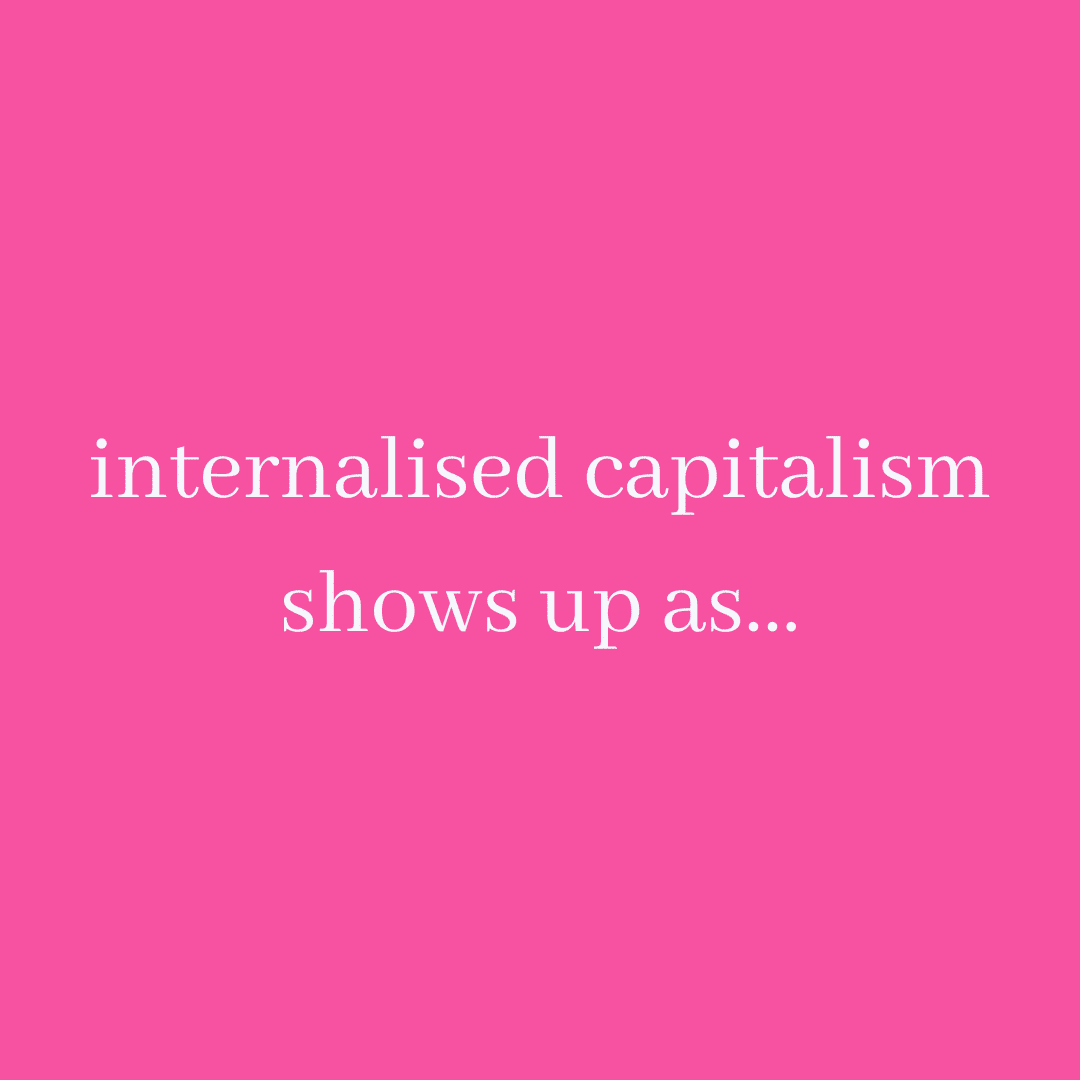
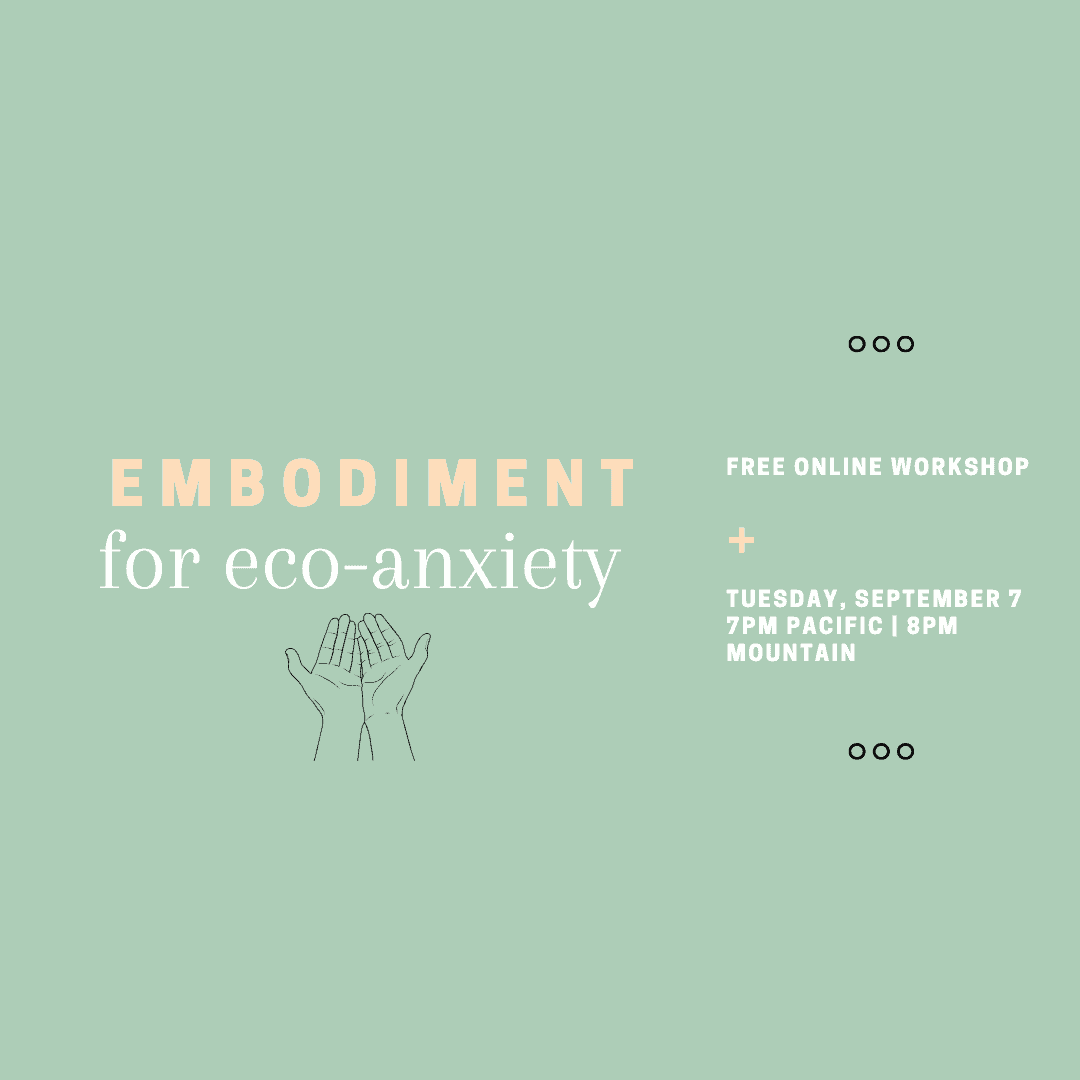
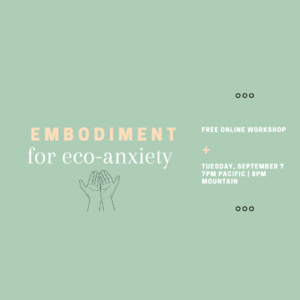 Feeling anxious about the world? Yeah, me too.
Feeling anxious about the world? Yeah, me too.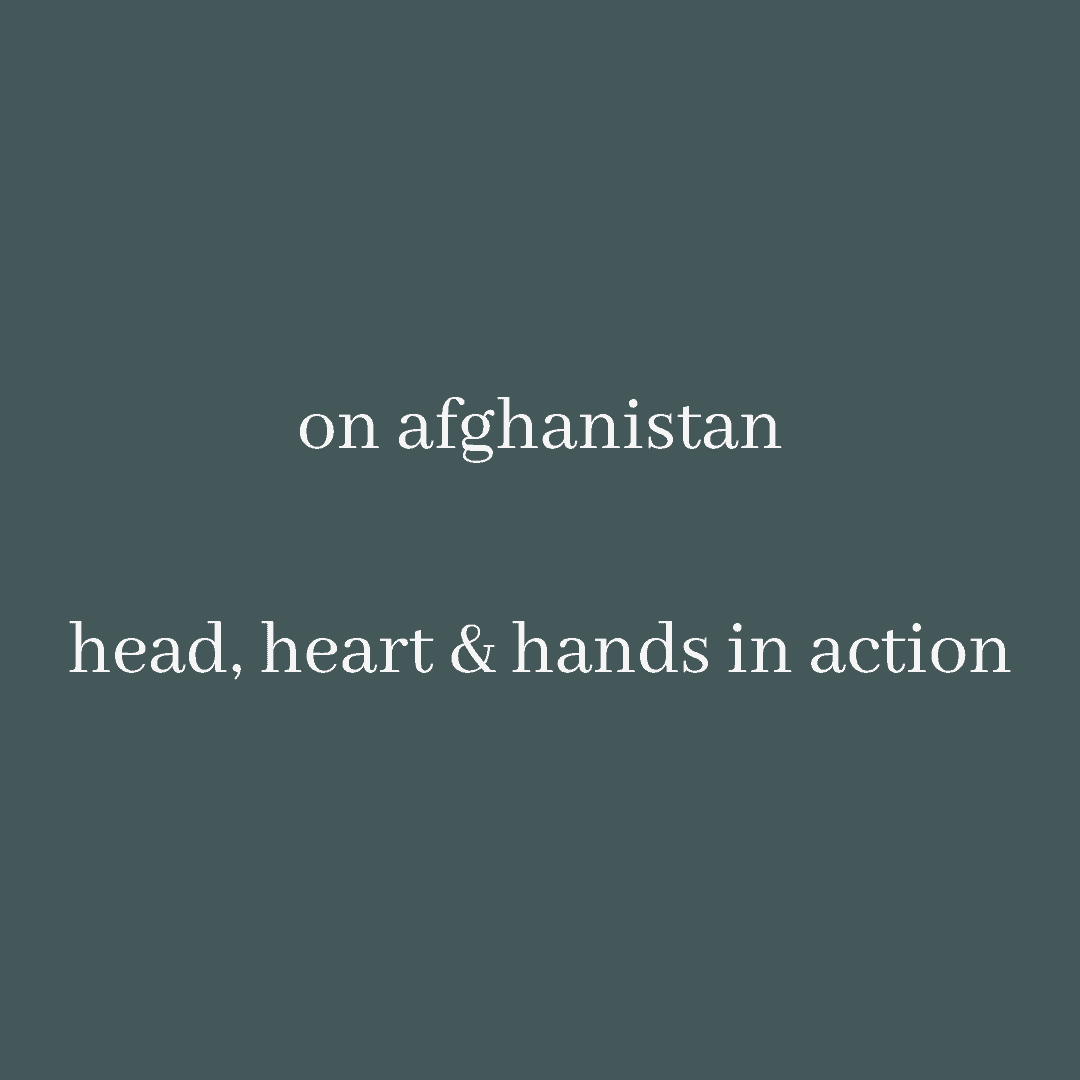
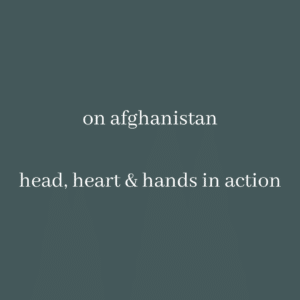 I don’t know about you, but I’ve been devastated by the news this week. Watching the scenes in Afghanistan has been heartbreaking, and I’ve had feeling of grief, anger & powerlessness wash over me.
I don’t know about you, but I’ve been devastated by the news this week. Watching the scenes in Afghanistan has been heartbreaking, and I’ve had feeling of grief, anger & powerlessness wash over me.
